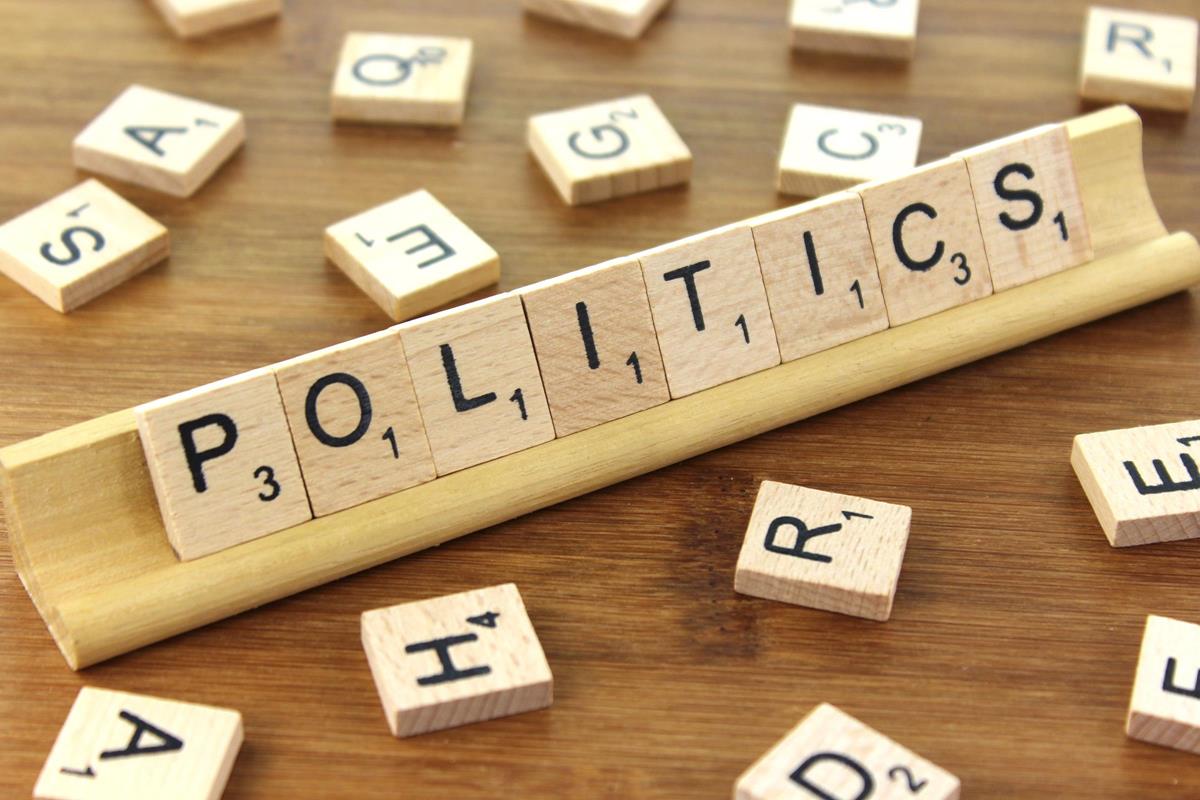It was not until I got to the university that I got to know that the six people that stood on the independence podium to proclaim the independence of our beloved country were not the big six known to many Ghanaians but rather Nkrumah’s big six.
The problem of this beloved country started when such an act was committed. Arguably Nkrumah is one of the greatest people our country has ever known, but knowingly and unknowingly some of his actions have retarded the development of our beloved country. It is indeed true that the ideologies of Nkrumah and the leaders of the United Gold Coast Convention (UGCC) were conflicting but they were the instrument that championed the fight for independence.
Cleaning Out the Closet
Nkrumah disregarding them on the day of independence has brought about the culture of discontinuity in Ghana’s political space. Every president that ascends the high seat of Ghana wants to leave their mark disregarding projects started by their predecessors.
In the 1960s when Kwame Nkrumah came into power after British colonial rule, he had been known as an advocate for development and modernization. Yet his policies were seen as socialist and authoritarian, so he changed his rhetoric after coming into power. He focused more on strengthening ties with China and Africa and dismantled many of the reforms made during colonial rule.
Whatever law or reforms that existed, whether good or bad were discarded by Nkrumah. After becoming president again, he began initiating new socialistic reforms like the Land Reform Law which led to the major displacement of farming communities across the country and a reduction in food production. These types of shifts can be seen by looking at different patterns in public spending under various governments during the 1950s-1970s.
Many Projects, No Direction
When President John Mahama took office in 2012 he canceled his predecessor’s deals with China for two large construction projects: a $1 billion steel plant and an oil refinery valued at $2 billion. President Mahama argued that canceling the deals would allow him more flexibility because Ghana is too poor to finance such expensive projects.
However, if one leader takes over from another who failed to solve an important problem, then abandoning the previous leader’s ‘solution’ may not be wise either; it might just leave things worse than before.
Not long ago, president Akufo-Addo’s administration initiated the agenda 111 projects. The government committed $1.76 billion to the construction and refurbishment of 111 health facilities.
The project, known as ‘Agenda 111’, was initiated to cover 88 districts that had no dedicated hospitals. Many people commended the government for such an initiative but I asked what of all the health facilities that president Mahama started but could not complete. The list of such acts is endless. All the five presidents that have ascended Ghana’s highest seat in the Fourth Republic have practiced ‘Politics of Discontinuity’.
Political Sycophants: Perpetuators of ‘Violence’
Nobody talks about Nkrumah harassing the leaders of the UGCC so, in Ghana, politics is done when the government of the day uses the power given by the people to oppress the opposition. Projects are trashed and new ones constructed because the government feels that accolades will be given to the previous administration when projects are completed.
Citizens have been dragged into this war and instead of protecting and demonstrating against the government for misusing public funds, they rather are the champions of the arguments. If a new administration comes into power, they may want to distance themselves from projects associated with the previous administration to win over voters.
Abandoned Projects
The politics of discontinuity that characterize Ghanaian political space is the reason why political administrators abandon projects started by their predecessors. They do this when they do not share the same vision of the project. In either case, it is easier for administrators to simply start anew rather than try to continue a project that they are not invested in.
Until citizens rise and think beyond the party politics and charge for reforms to be made to solve some of these cankers the development of Ghana will be slow.


Good post. I certainly appreciate this website. Continue the good work!